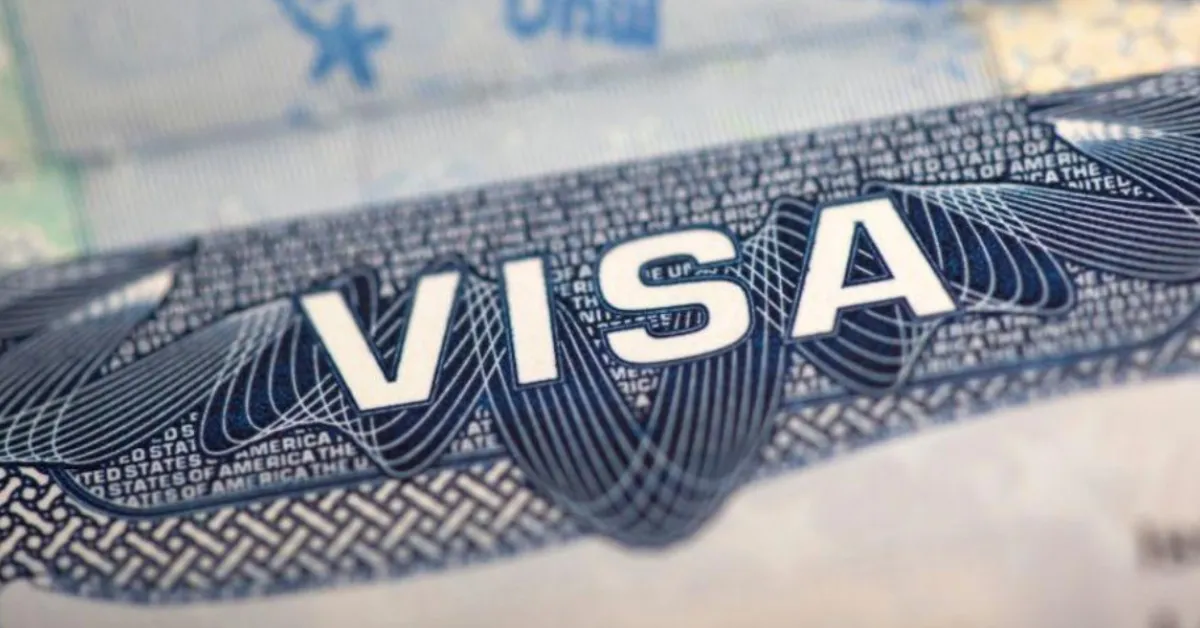EB1A Green Card: Why Citation Count Alone Won’t Guarantee Approval

For professionals seeking the EB1A green card, a common misconception persists: a high citation count guarantees success.
While citations undeniably bolster an application, immigration experts emphasise that they are far from the sole determinant of approval. US immigration authorities prioritise demonstrable contributions and influence within the applicant's field over sheer citation numbers. The EB1A visa, designated for individuals with extraordinary abilities, is adjudicated by the United States Citizenship and Immigration Services (USCIS).
The USCIS assesses applicants based on their significant contributions to their respective fields. In academia, citations provide tangible evidence of scholarly work's influence, supporting criteria such as published articles and impactful original contributions. However, the absence of extensive citations does not automatically disqualify a candidate.
Contrary to popular belief, USCIS sets no minimum citation threshold for EB1A applicants. The emphasis rests on the quality and impact of the cited research rather than the volume of citations. A handful of citations in prestigious, highly relevant journals can hold more weight than numerous citations in less impactful publications.
Many professionals have successfully secured EB1A approval without significant citation counts. Tech industry leaders and innovators often bypass citation requirements by highlighting alternative forms of recognition, such as leadership roles, patents, media coverage, and contributions to groundbreaking projects.
Immigration specialists advise applicants to present a holistic view of their professional impact.
Candidates lacking extensive citations can strengthen their applications by emphasising leadership positions, industry achievements, and contributions to recognised technologies. Features in authoritative media outlets, service as a judge for industry competitions, or membership in prestigious professional organisations can significantly enhance an applicant's profile.
Demonstrating extraordinary ability through a clear and compelling narrative remains paramount. Applicants should illustrate how their work has influenced their industry, emphasising innovation, managerial influence, and the ability to shape the direction of their field.
Citations, while beneficial, form only one component of a comprehensive EB1A application. Applicants should focus on showcasing the broader impact of their contributions rather than obsessing over citation numbers. A well-structured case demonstrating leadership, originality, and influence significantly improves the chances of success, even for applicants with minimal academic citations.














Add new comment